Quartzy: the true stories edition
Happy Friday!
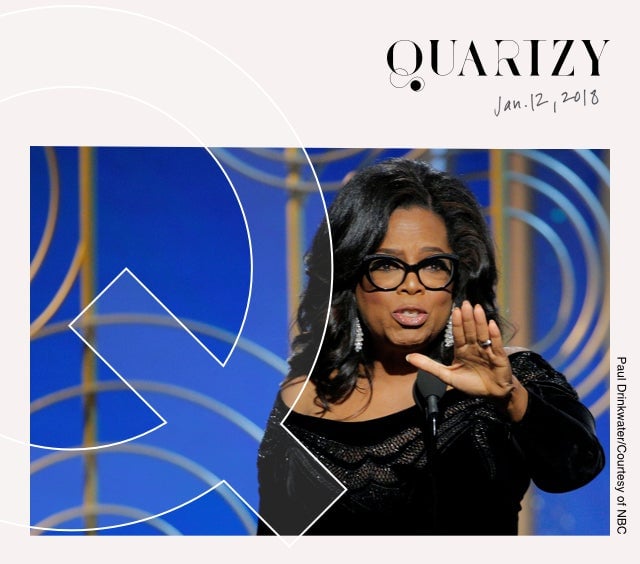
Happy Friday!
The outstanding 2016 podcast “Making Oprah” has a 20-minute bonus segment about Oprah’s involvement with politics. In the three-part documentary from WBEZ Chicago, Oprah says she long avoided having politicians on her show because they were too practiced in their messaging and difficult to reach personally, which meant she ceded her platform and with it, her power. She talks about how that changed in 2000, when she gave both Al Gore and George W. Bush equal time on her show.
Many credited George W. Bush’s casual demeanor on the show with a corresponding jump in his electoral support, which Oprah didn’t deny.
“George Bush was more comfortable in his own skin, in a way that he could be more of himself sitting in that seat. And that is what everybody is looking for, whether it’s television or politics or business,” Oprah tells WBEZ’s Jenn White. “Who you decide to align yourself with is the person who feels most like the truth to you. Either you feel it or you don’t.”
In 2004, when Oprah saw Barack Obama, then a state senator from Illinois, address the Democratic National Convention in Boston, she really felt it.
“I remember the exact moment, watching alone, feeling this man would be president of the United States,” says Oprah. “I just felt it, there was a knowingness inside myself … And I started telling everybody, just like Favorite Things, or finding something I like to eat. I started telling everybody I knew.” Oprah went on to interview Obama for her magazine in 2004, host him on her show in 2006, when he was still a senator, and publicly endorse him for president—the first time she ever backed a candidate—before he had even announced he was running.
Some of us heard echoes of Obama in Oprah’s acceptance of the Cecil B. DeMille award at the Golden Globes on Sunday night, with its invocation of civil rights leaders such as Rosa Parks, and—as Slate’s Dahlia Lithwick pointed out—its call to action for ordinary people to do extraordinary things: tell their stories, fight for justice, run for office.
Of course, many of us also thought the speech might be, like Obama’s in 2004, a precursor to a presidential run for Oprah herself. Many were elated. #Oprah2020 took off on Twitter; even Bill Kristol chimed in: #ImWithHer. Others were concerned. The New York Times’ Thomas Chatterton Williams saw Oprah 2020 as a death knell for the Democrats, a misguided descent into celebrity worship. The writer, cultural critic, and radio host Kurt Andersen wrote that Oprah has for three decades encouraged Americans “to abandon reason and science in favor of the wishful,” and to exalt such dubious figures as Deepak Chopra, Mehmet Oz, and Eckhart Tolle.
Whether Oprah will run for office remains to be seen. But to an awful lot of people on Sunday night, she felt like the truth.

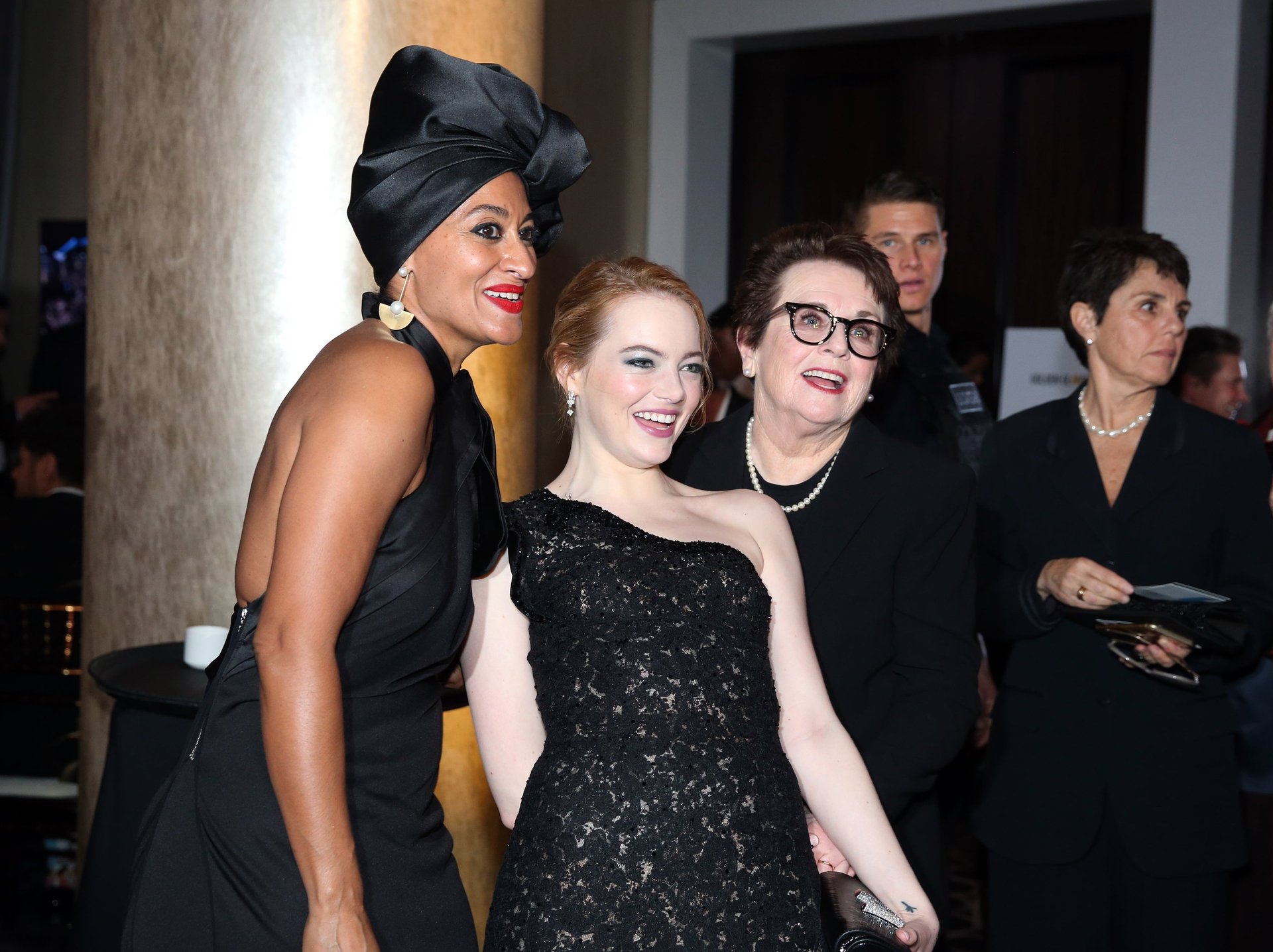
Oprah was one of many women who wore black on the red carpet at the Golden Globes on Sunday in support of the #TimesUp campaign, which some 300 women in Hollywood launched to raise awareness and funding for blue-collar women who have suffered sexual harassment and discrimination.
I love fashion, and I relish the unscripted inanity of E! Live from the Red Carpet. On Sunday, I expected the tensions to be higher and the fashions to be, well, lower. I feared that, as the Washington Post’s Robin Givhan predicted, a sea of black dresses would function as “social camouflage.”
But something pretty wonderful happened instead. The activist-driven dress code—and the informal embargo on the fashion media asking actors “Who are you wearing?”—didn’t just amplify the message that “time’s up” on gender-based violence and inequality. It also seemed to amplify the brilliance of the messengers, who dazzled with confidence and individuality (also, diamonds). For once, no one looked like their dress was wearing them.

It’s no secret that actresses essentially became walking billboards when they started taking money for wearing designer gowns on the red carpet. But Sunday night’s refreshing pause in the promotional parade proved that for even the most devoted viewers, it may be time for a new chapter in red carpet coverage. Any of us dying to know who made Alison Brie’s post-millennial Breakfast at Tiffany’s jumpsuit will have no problem finding out. (It was Athens-based designer Vassilis Zoulias.)
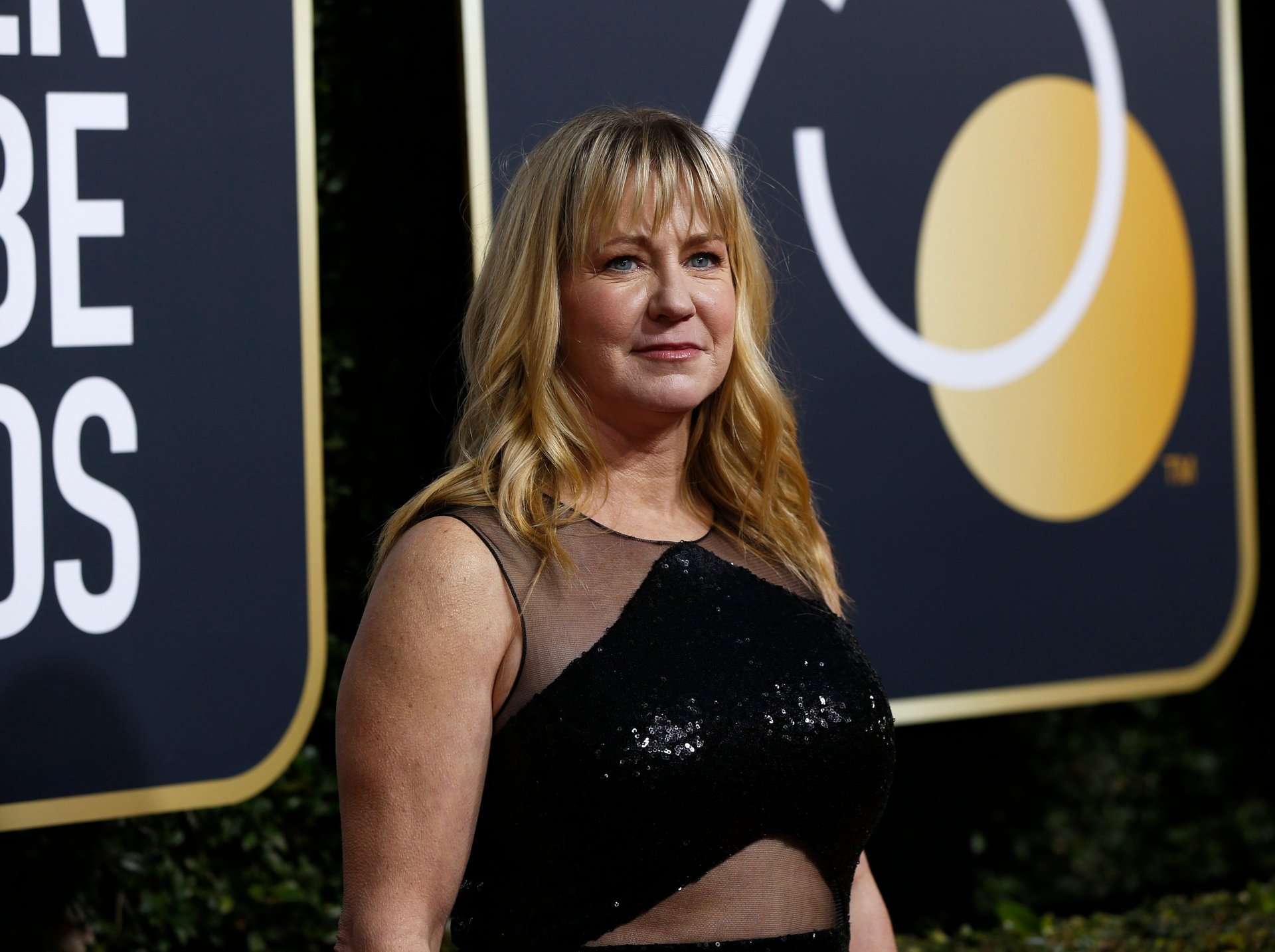
You might have noticed that Tonya Price—née Tonya Harding—was there too, with the cast of I, Tonya, the film starring Margot Robbie as the figure skater most remembered for her role in the attack of Nancy Kerrigan before the 1994 Winter Olympics. What exactly was her role in that again?
The film, which portrays Harding as a stunningly talented skater, as well as an abused daughter and wife from a hardscrabble town in Oregon, explores that question but doesn’t fully answer it. Last month on The New Yorker Radio Hour, Susan Orlean revisited her 1994 story about Harding’s hometown, which is newly poignant in Trump’s America.
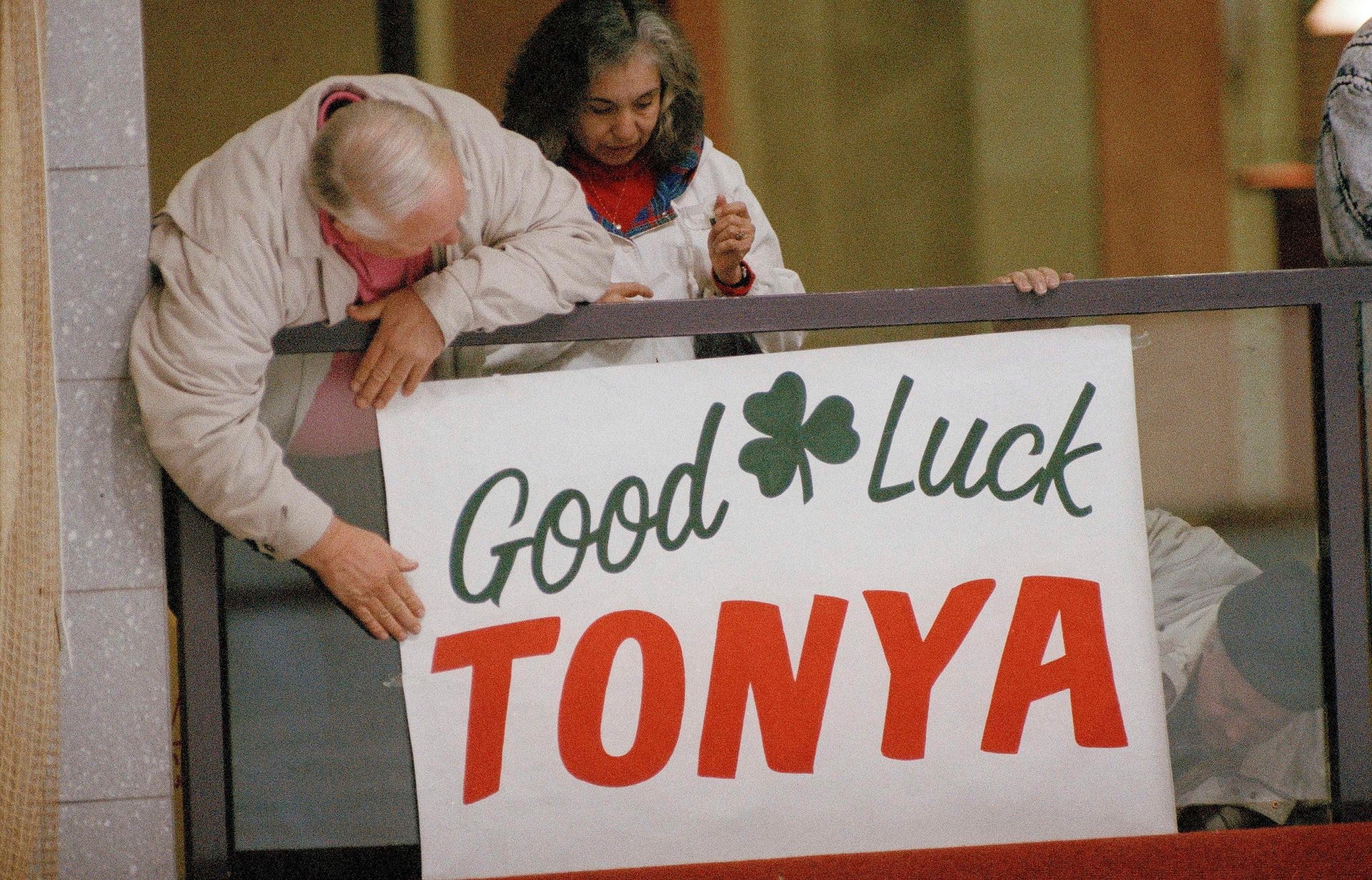
“They all had a powerful sense of being misunderstood, degraded, discounted,” Orlean told editor-in-chief David Remnick. “Tonya to them was a hero, not because of what she had done, but because they felt that this was another example of people of their ilk being overlooked by the more elite culture that dominated… It’s a feeling that they’re worth more than society gives them credit for.”
Tonya herself said as much to Taffy Brodesser-Akner for The New York Times. “You all disrespected me and it hurt,” she said, of the treatment she endured in the press as a 23-year-old. “I’m a human being and it hurt my heart.”
There’s an elusiveness to the truth, still, in I, Tonya, and the coverage surrounding it. But Brodesser-Akner writes that’s not the point: “There are facts, and then there is the truth, and you can’t let one get in the way of the other or you’ll never understand what she’s trying to tell you.”
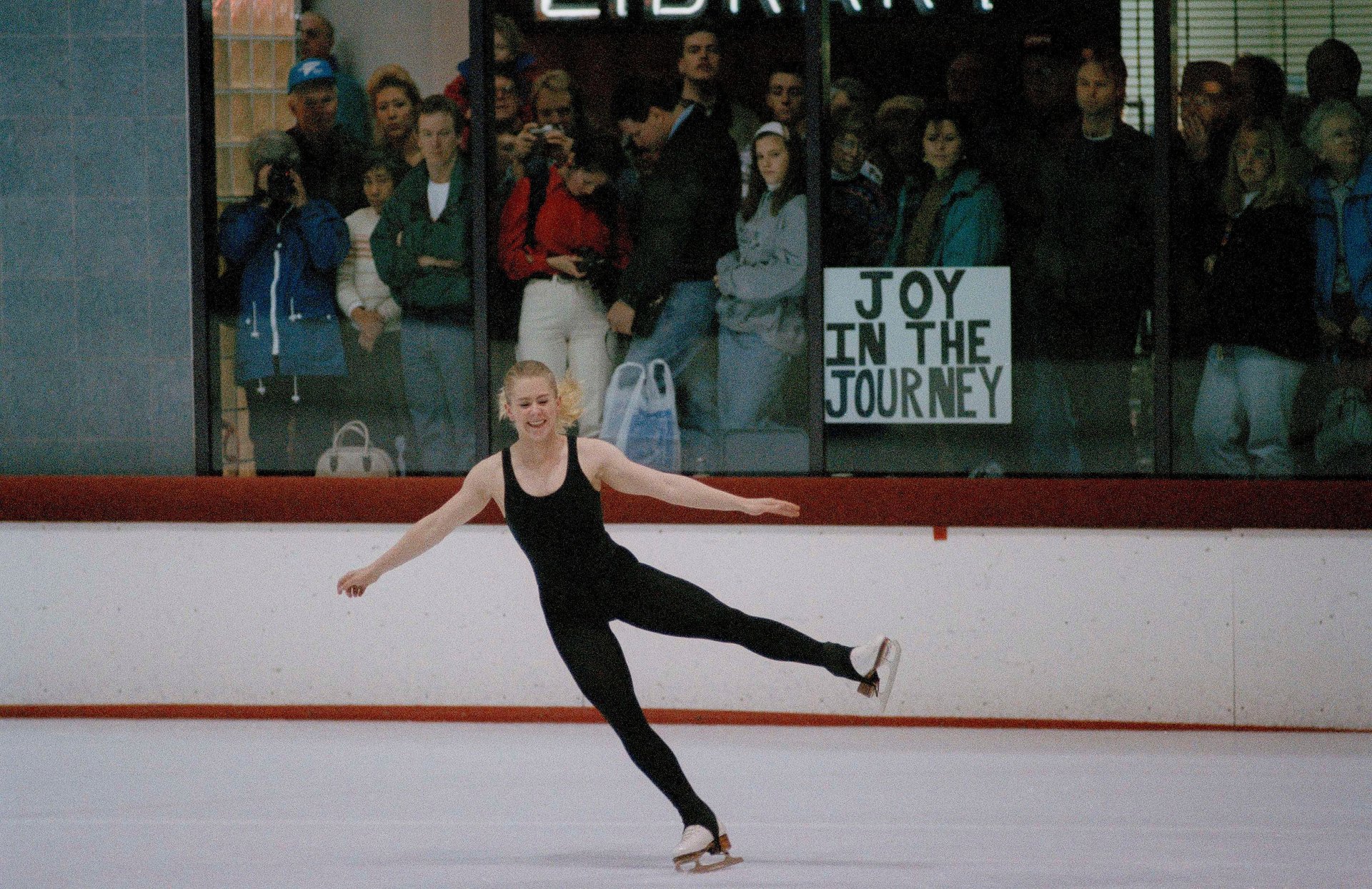
Finally, I was relieved to wake up yesterday and discover that the anonymous creator of what’s known as the “Shitty Media Men” list—essentially a crowdsourced Google spreadsheet created to help women in media protect themselves from sexual harassment and assault—went ahead and outed herself, after speculation that Harper’s Magazine would name her.
In 3,000 elegant words published on The Cut, Moira Donegan told her story: why she created the spreadsheet, the thorny questions it raised, the fear she felt when it took on a life of its own, and most of all, the shock of watching the cells rapidly populate with names—showing its utter necessity.
She also deftly summarized one of the excruciating parts of the #MeToo movement—how we struggle to reconcile the terrible behavior of people we understand otherwise to be good: “We spent hours teasing out how these men, many of whom we knew to be intelligent and capable of real kindness, could behave so crudely and cruelly toward us. And this is another toll that sexual harassment can take on women: It can make you spend hours dissecting the psychology of the kind of men who do not think about your interiority much at all.”
For Quartz, I wrote about how Donegan, in telling her story, is an embodiment of Oprah’s message from the podium on Sunday night: “Speaking your truth is the most powerful tool we all have.”
Have a great weekend!
[quartzy-signature]
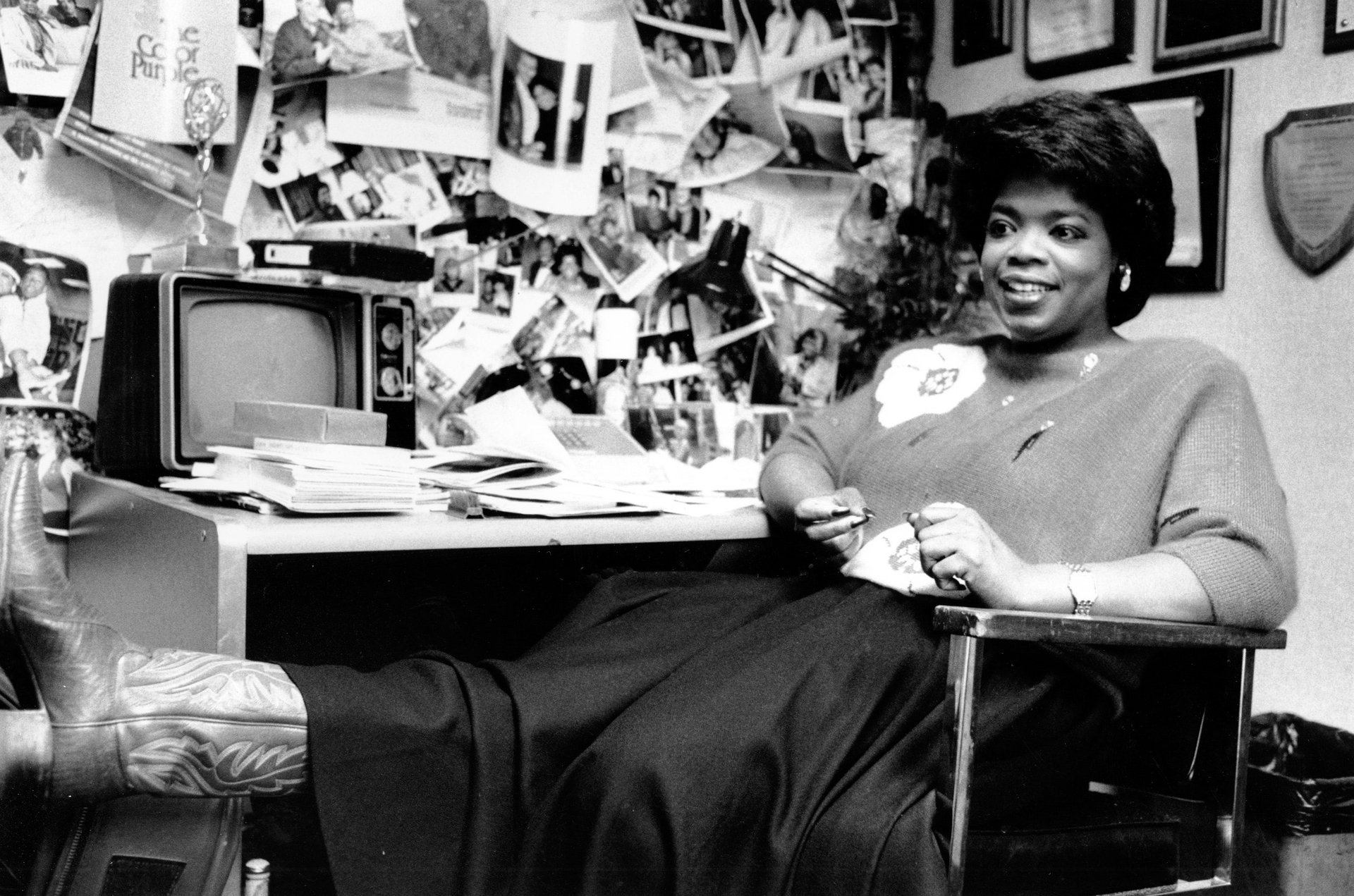
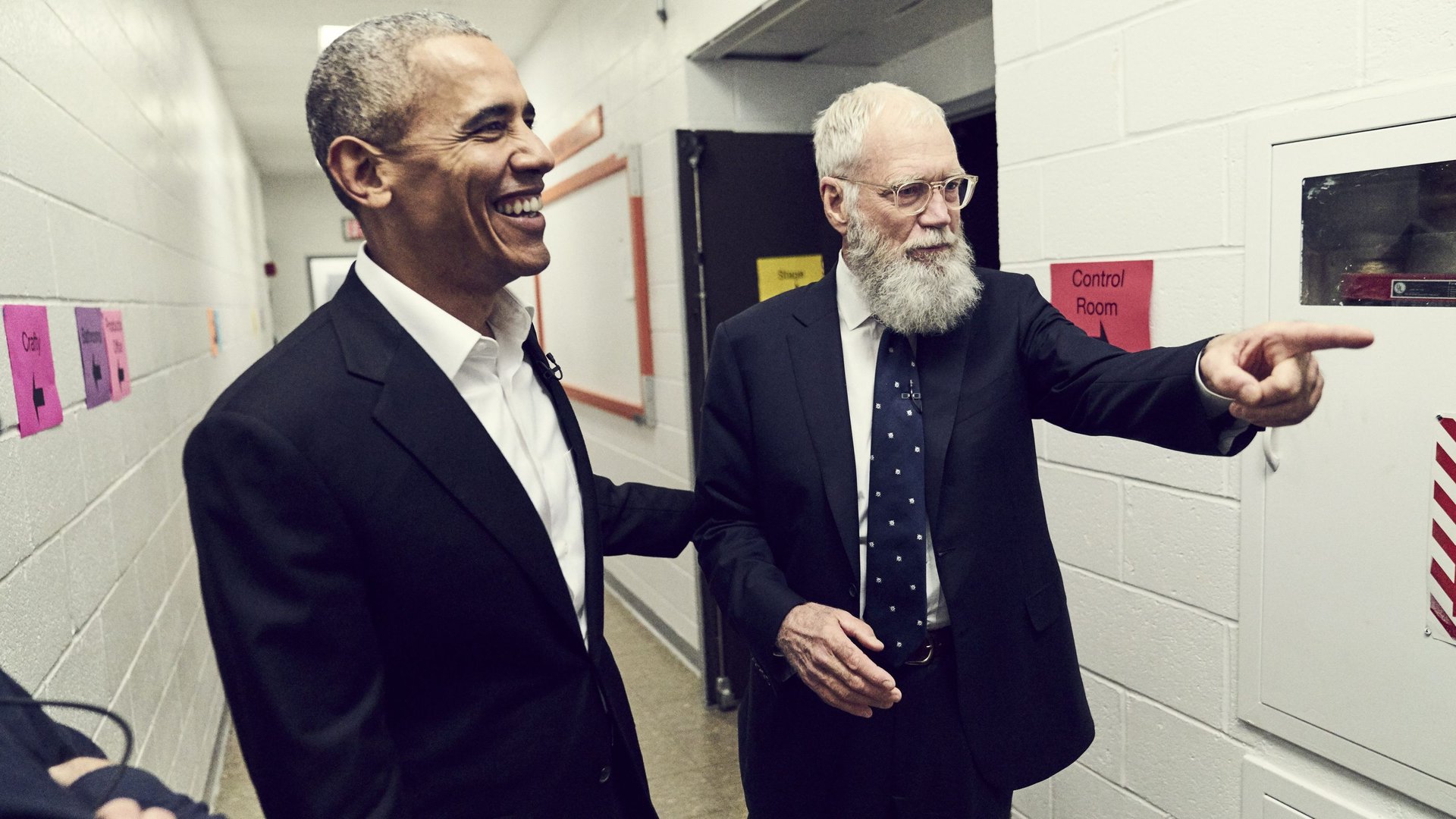
Obama will be on Letterman tonight. Well, kind of! David Letterman is back today on Netflix, with a monthly series of 60-minute interviews entitled My Next Guest Needs No Introduction. (And quite a beard.) First up? US president Barack Obama, who in a trailer revealed the methodology behind his dad-dancing: “The key is what we call ‘staying in the pocket.'”